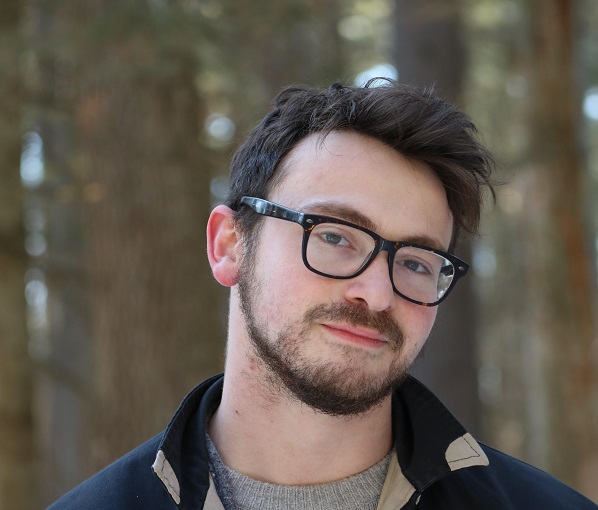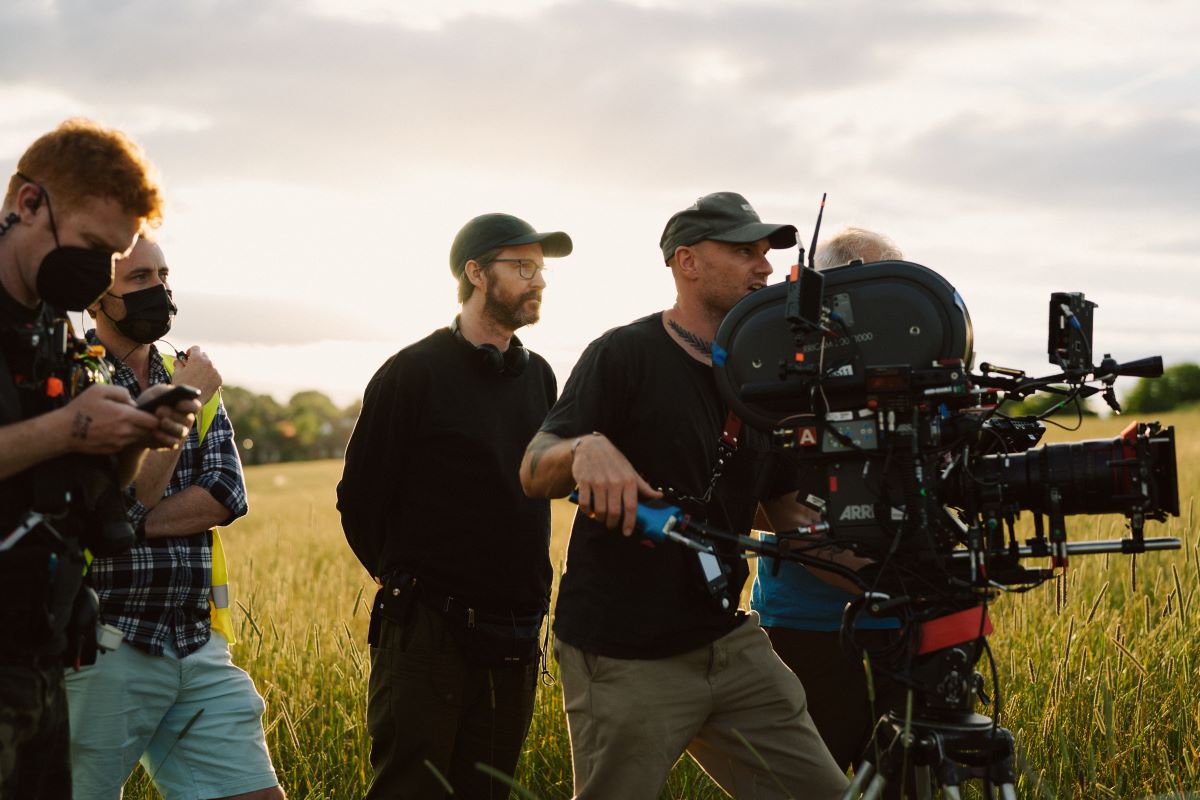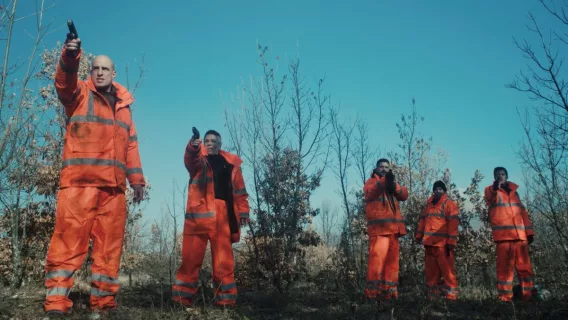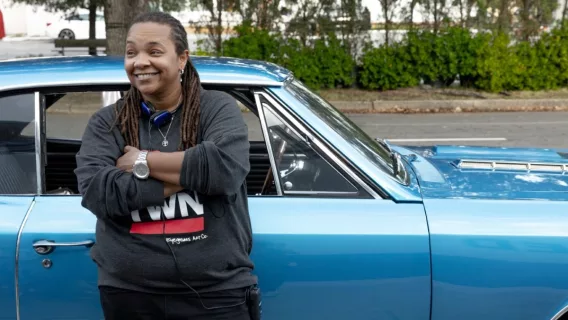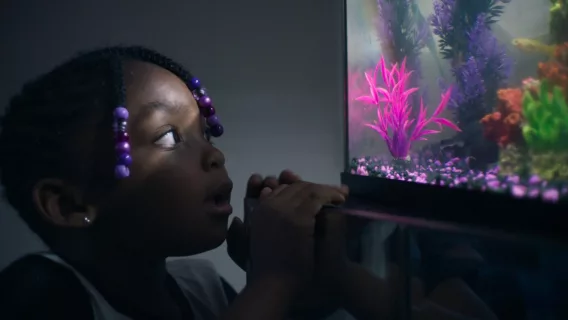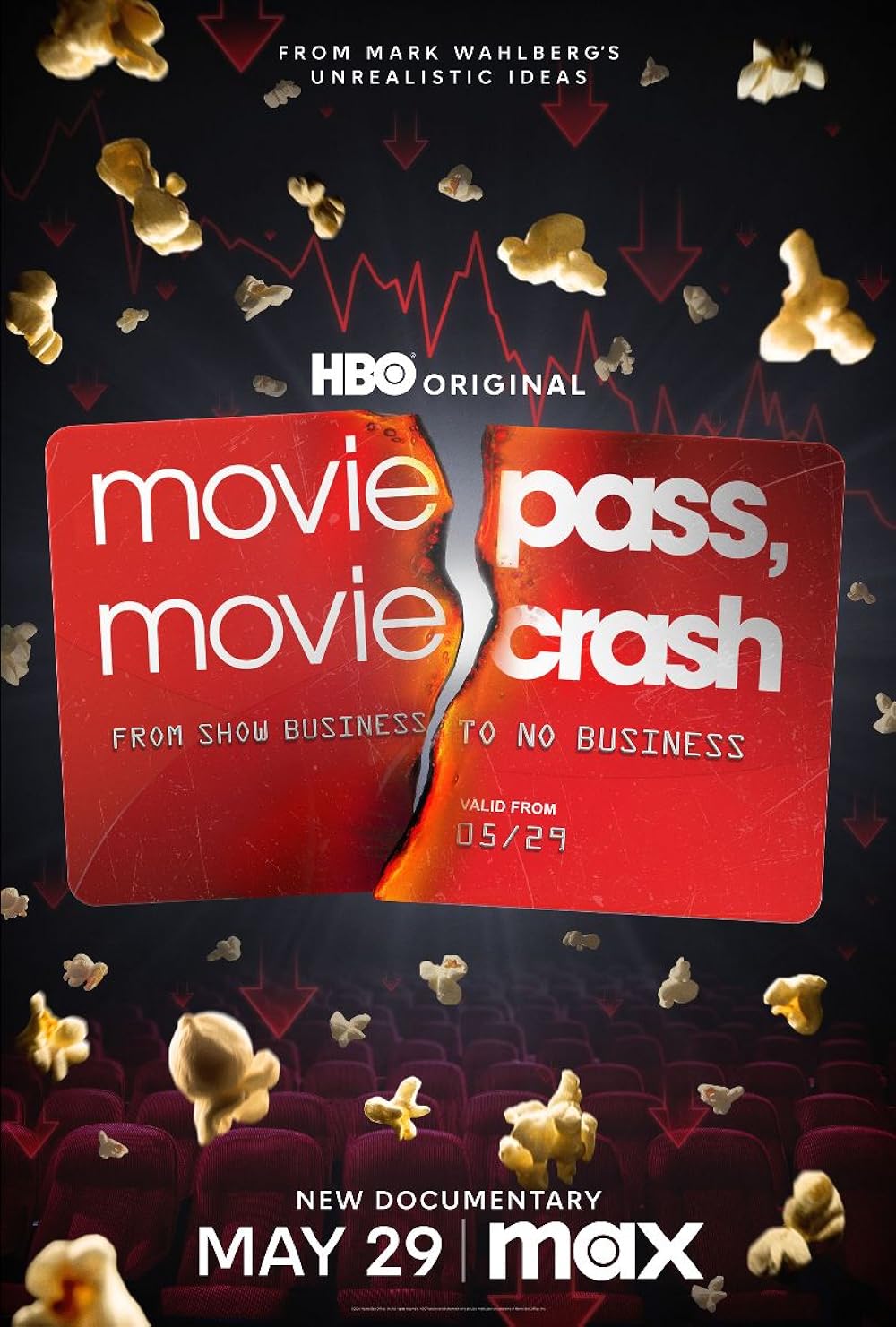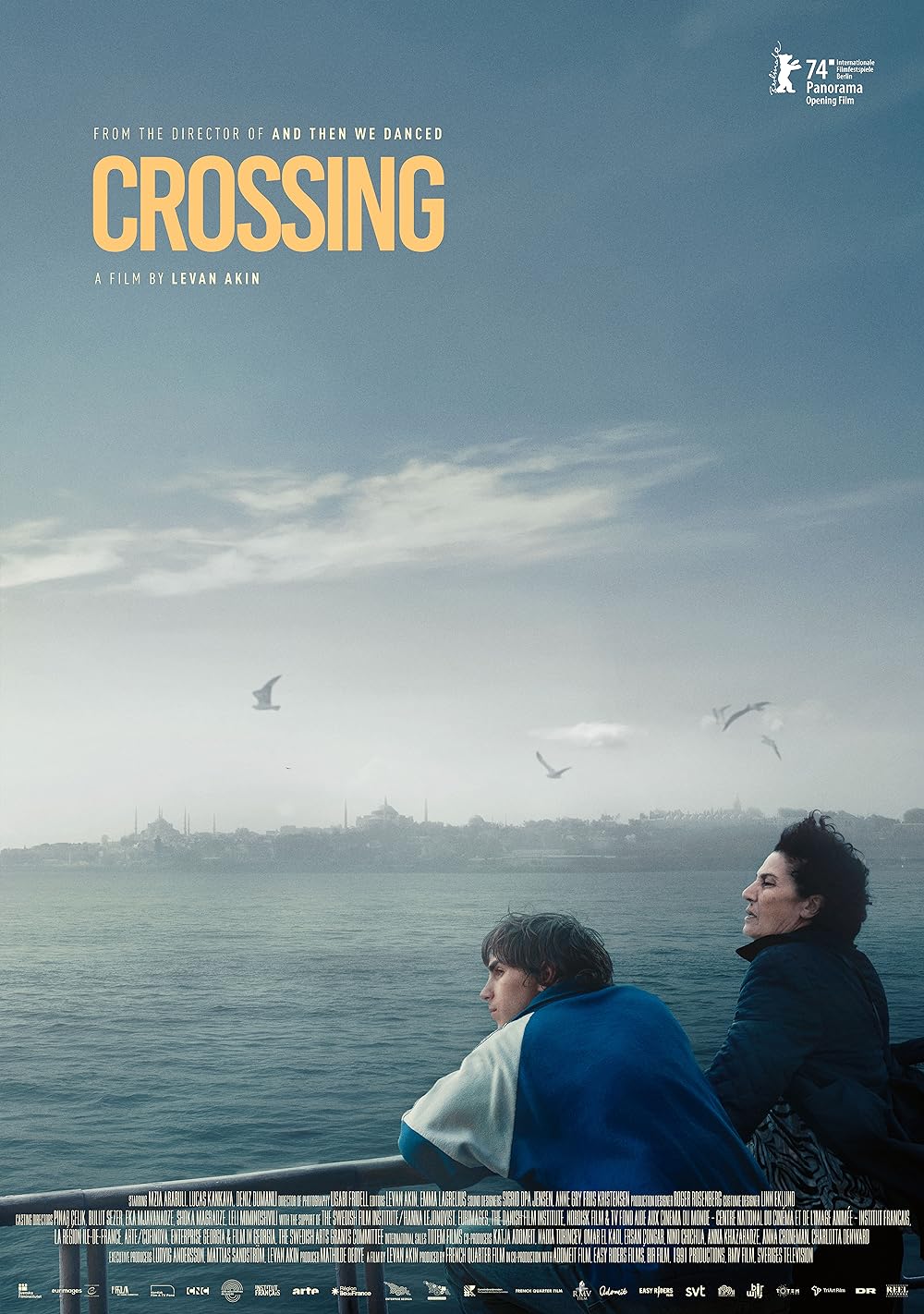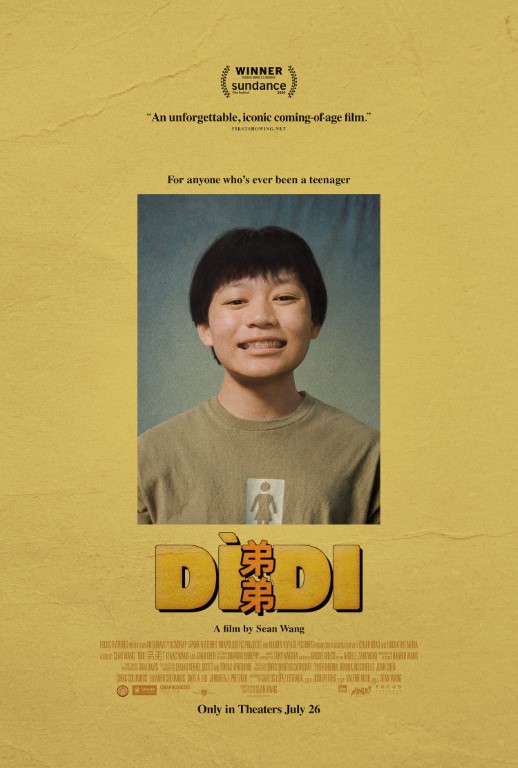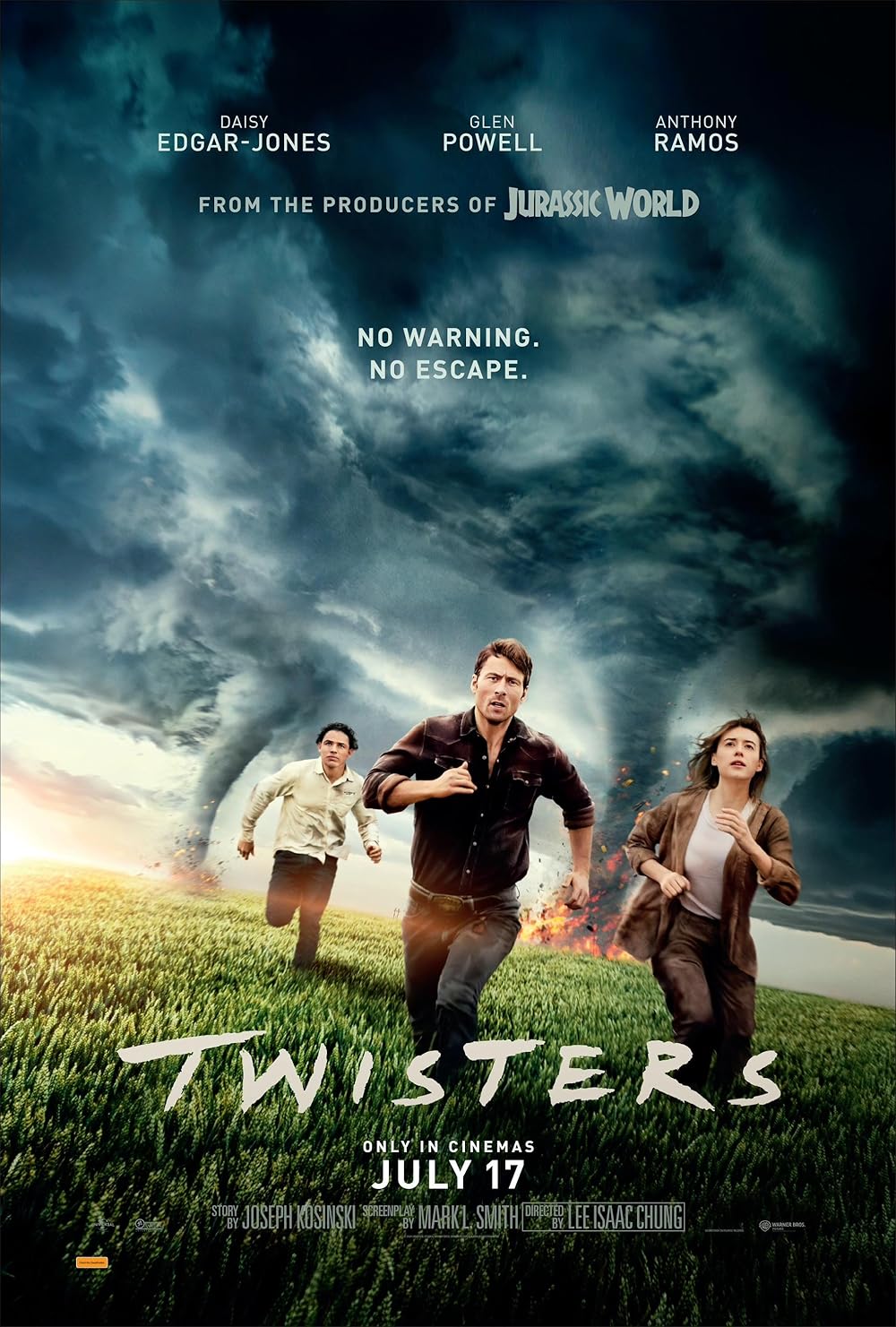“All of Us Strangers” opens with the fittingly ethereal image of its protagonist staring out the window of his high-rise apartment, the London sunset’s orange glow illuminating his reflection, his somber expression suspended above the skyline.
Adam (Andrew Scott), a gay screenwriter in his 40s living alone on the outskirts of the city, still mourns the loss of his parents in a car accident decades earlier. He’s recently begun work on a script about them when a younger man, Harry (Paul Mescal), perhaps his only neighbor in the tower block, appears at his door, in a clumsy attempt at seduction that nevertheless leads to a relationship. As he navigates this unexpected romance, Adam starts taking the train out to a neighborhood in South London, where he visits his childhood home and finds, however impossibly, that his father (Jamie Bell) and mother (Claire Foy) still live there, neither having aged a day since their death.
A metaphysical romance, an excavation of memory, and a fantasy of grief, Andrew Haigh’s critically acclaimed drama (in theaters this week) is above all else a ghost story, about the specters of loneliness that life surrounds us with and the process of making peace with pasts that still haunt us. Written and directed by Haigh, of romantic dramas “Weekend” and “45 Years,” it’s a perceptive exploration of queer identity and estrangement, and an emotionally seismic account of familial love and loss.
“We are all going to lose people; either we’ve lost them already, or we’re losing them, or we’re going to lose them,” says Haigh, speaking to RogerEbert.com on the 35th floor of the Mandarin Oriental, during this year’s New York Film Festival. “It’s the inevitability of love. And the love that you feel for that person does not fade; it never goes away.”
This interview has been edited and condensed.
“All of Us Strangers” is adapted from Taichi Yamada’s 1987 novel, “Strangers,” also a ghost story about loneliness and grief. It’s not your first adaptation, but you’ve described this as your most personal film to date, so I’m curious if you can talk about that writing process.
In the novel, there’s no gay relationship. It’s a different type of story. I knew I wanted this film to be about grief: about the trauma Adam experienced through losing his parents, but also about the trauma that a certain generation of gay men went through. Really, it’s a universal experience for gay men, regardless of age; just because time has moved on, and everything’s supposed to be good, it doesn’t mean we don’t go through the same things. I wanted to dig into how we feel separate, somehow, from our families, which is an awful feeling. So many things get left unsaid.
The conversations Adam has with his parents come from a personal place. I had a hard time at school, and the story Adam tells about that is my story. I put those experiences into the script. When you grow up queer, you feel love is an impossibility. Growing up, you feel you can’t love. I grew up in the ’80s, when that was especially true. “If I am gay, am I going to die? Will I ever find love? Will I be thrown out of my family?” That’s how you think. I wanted the film to offer a grand statement that you can be in love, that things are complicated but love is cosmically important.

Adam’s drawn to the house he grew up in, where his parents appear to still be living; you filmed those scenes in your own childhood home. How long had it been since you’d been back there?
I’m 50, and I lived there until I was about six or seven years old. It had been nearly 45 years. The place you first live gets so imprinted. When I was writing the script and thinking about a childhood home, I pictured my own. I thought, “I’m going to have to film there. It makes no sense not to, because I can’t get that house out of my mind.” Even though you were a kid, you remember everything. You remember the feel of the carpet. You remember what the wood was like, what the fireplace was like.
When I went to the house, and its new owners allowed us to film there, we redecorated it to look the way it used to look when I lived there, as much as I could remember. I wanted the film to feel like a memory, and for Adam as a character to go back into some liminal space of memory. And I wanted to go through what my lead character was going through. I wanted to delve into my own past at the same time he was delving into his.
All your films explore, to some extent, emotions reflected through time, but “All of Us Strangers” directly engages with queer temporality, that idea that queer people experience time differently, in opposition to heteronormative standards, due to marginalization or historical events like the AIDS crisis, which disrupted so many queer people’s expectations for how their lives would progress.
We’re untethered from time as queer people. We don’t see ourselves in the history everyone else has. We don’t follow their traditional path. We’re all strangely stunted. We end up being teenagers for longer, because we weren’t allowed to have a traditional teenage life, to feel certain things and have certain ambitions. I wanted to throw the notion of time up in the air. I feel strongly that you can be dragged backward and forward through time so easily. Go onto the dance floor, listen to a song, and you can be back to where you were 10 years ago. You can feel what you felt 30 years ago.
There’s a time travel to feeling certain emotions, to smelling certain smells. The way memory works, and how powerfully it can take us back, was something I wanted to play with, so you lose all sense of existing in a present. It’s the same with how the film ends; there’s no sense of it being a linear progression of time. I was excited and nervous about that. All my other films have been very secure in their timescales. I wanted to go off-piste and do something else.

Tell me about capturing Adam’s movements through time and how you approached the film’s point of view, staying in the headspace of this character who’s stepping outside of reality.
I found it difficult, not just going into myself emotionally but also trying to make that structure work. I’ve also reached a state where I don’t think it matters if people understand what’s real and what’s not. Films obviously aren’t real; they’re constructs. The whole film, in the end, feels like my subconscious telling the story I want to tell. That means you can go backward and forward in time. Things that aren’t real can feel as real as dreams. I was worried it wouldn’t work, that people wouldn’t buy it, that the conceit of the parents wouldn’t work. In the end, I loved that fear. How that made me feel is exciting.
In the scenes he shares with Jamie Bell and Claire Foy, Andrew Scott’s performance is especially strong. He moves between an innocent joy at their presence and this more mature desire to have conversations with them he never had the chance to. How did you direct the three of them, and Andrew especially, to create a family dynamic that feels both strange and comforting?
Andrew does an incredible job of seeming younger, slipping back to being a child again, without being childlike. It’s all over his face. He looks younger, more innocent, more vulnerable. I didn’t want Jamie and Claire to talk to him like he was a child, but they still needed to be his parents. They judged it beautifully. Suddenly, they’re more like parents. Then, they’re treating him more like an equal. That’s what happens whenever you’re with your parents as an adult; it oscillates between you being adults, and then you needing them as a parent and them needing you as a child.
Adam’s also able to articulate the pain in those relationships. The totality of their emotions toward each other come out in these conversations. I’m thinking of the scene where Adam says that he still can’t cross his legs without remembering his father calling that behavior feminine.
For a lot of queer people, the relationship that Andrew’s character has with his father is so facund that it’s
overwhelming. When I was working on it, I found it overwhelming. It’s such a powerful need that we have, for love and understanding. Jamie just completely nails that complicated balance of understanding and not understanding his son, loving his son fundamentally but also not knowing how to deal with him.
And perhaps understanding him more than he’s willing to admit. When Adam first encounters this stranger and follows him home, before we know it’s his father, you tease the idea they’re cruising each other, and Adam’s conversations about sexuality with his father are tinged with mutual regret.
I love the idea that there’s some strange sexuality to their dynamic. Everybody always expects, if you’re straight, that you might end up with someone who’s like your mother, and nobody thinks that gay men might end up with someone who’s like their father. Suddenly, people get freaked out by that, but of course that’s a possibility. Why wouldn’t that be the case?

The relationship Adam has with Harry relates to this. Harry’s of a younger generation, but navigating that age gap helps Adam reconcile himself with the younger man he might have been, under different circumstances. How did you approach writing that dynamic?
With care, basically. There’s so much going on between that relationship. There are almost ghostly elements that give it a strange magic, which is the truth of all relationships. There’s strange magic to why they exist, how they exist, how they develop over time. In the end, it was a long edit, as we were constantly trying to guide how emotions emerge. You’re drawn delicately through. It wasn’t easy. These things never are. But within the relationships, whether with the parents or with Harry, we realized love is about feeling comforted and understood. That’s what you want from a parent, in a relationship with a partner, and from your relationship with yourself.
One scene that comes to mind is when Adam tells Harry that his parents died, but that it’s okay because it was “a long time ago,” and Harry gently reminds him that “a long time ago” doesn’t really matter when you’re talking about the worst things that have happened to you.
The moments you realize your relationship is working with someone are when they get something so profound about you that you just want to keep hidden. They pull on that thread, they don’t judge it, and they’re soft and kind with that understanding. That’s the moment when you feel you can love this person, because they have compassion for you and you have compassion for them.
In “All of Us Strangers,” emotions are expressed through music. I’m thinking of “Always on My Mind,” by the Pet Shop Boys, as Adam decorates the Christmas tree with his parents, and “The Power of Love,” by Frankie Goes to Hollywood, which is of intimate importance to Adam and functions as code, between Adam and Harry, from their first encounter at his front door. It’s the perfect song, the one Adam needs to hear, and it’s what Harry alludes to in that moment.
Because that song is about protection and comfort. I bought that LP, [“Welcome to the Pleasuredome,”] in 1984. I was 12, not realizing my sexuality fully, and I’d play that song over and over, in my bedroom. I would sing it, endlessly. It did something to me when I was 12. As I was writing the script, I knew what the song had to be. The same went for the Pet Shop Boys and other bands that had been a part of my growth. Pop songs can say the things we can’t express. There’s a reason queer people have been dancing in nightclubs and discos for all eternity, together, listening to music. It gives them hope.

Blur’s “Death of a Party” is another standout selection once Adam and Harry go out dancing and take ketamine.
In that section, when they’ve arrived at the club, I wanted all ideas of time to vanish. We realize there’s no linear time scale, and there’s that question of whether any of this is real. “What’s real? What’s not real? What’s a drug trip? What’s a memory of how he used to go out clubbing in the ’90s?” There are so many different things I wanted that scene to become.
We shot those scenes at the Royal Vauxhall Tavern, a gay club in South London where I spent every Saturday night through the entirety of the late ’90s. It’s a historic monument now, so they can’t tear it down. I was revisiting that club, where I hadn’t been for 10 years. It was strange being back there. I thought, “My twenties and early thirties are still in this club. I met friends I still know in this club. I hooked up with lots of people in this club.” Those types of spaces are so important to queer people, and there’s not so many of them. We’re torn between them being euphoric and painful, which that sequence becomes. We know what it’s like; the scene can be both liberation and torture. It can be terrifying, and it can screw you up just as much as it can embolden you.
One visual element that unifies your work is reflectivity, achieved through lighting and production design, that gives characters a certain spectral quality and draws attention to the way that we exist in relation to our surroundings. Tell me about that.
I’ve always been so interested in reflectivity. So many of my films have people looking in mirrors. I feel like we’re constantly catching sight of versions of ourselves, and they feel different to who we are inside. Perhaps there’s something queer in that; our external reflection to the world is not how we feel inside. I find that conflict fascinating. You see projections of yourself—who you want to be, who you’re trying to be—and you only can find contentment when they match who you are. It’s hard to make them match.
Especially in this film, I wanted this strange sense of magic, unease, tension, and beauty. Me and Jamie [Ramsay,] the director of photography, talked a lot about how to achieve that. What I’ve done visually before is pushed forward in this film. I’ve always used zoom lenses, long fades, and shallow focus. It’s more subjective than some of my other films, and I wanted to feel loneliness in a phenomenological way, to understand that through texture, sound, and music.
That mirroring is also clear to the characters. “It’s like seeing you both at exactly the same time,” Adam’s mother says, seeing Adam and noting he resembles his father. Adam sees himself in his parents, as well.
We get pulled apart as we get older. It can be traumatic unless you try to realize, “I can deal with this, somehow.” But you have to get those building blocks, to think about where you fell apart and understand it was nobody’s fault. I wanted to make sure there were no villains in the film. These parents are complicated. They love their kid. They wish they could have been there for their kid. But life is chaotic and unfair. You lose people before you want to. There’s tragedy. How can you get through that and keep finding ways to love?
At times, Harry similarly feels like a reflection of Adam, in how much he shows Adam about this self he’s perhaps terrified he has inside—or is perhaps terrified he’s lost.
I did feel that Harry is a reflection of what Adam needs. I mean, if Adam has conjured up his parents, he’s also conjured up Harry. Or they’ve all conjured each other up. There’s two ways I always saw it: Adam has conjured up everybody, or all of them have conjured up themselves from the ether to deal with their loss. All of them want the same things, and they’re all teaching each other the same kind of compassion. I wanted it to be almost like a love letter to say, “Life’s tough for everybody, whether you’re a parent or a queer kid, but there is a way that you can get through that and soften that pain.” I wanted to be sincere about that, to be subtle but also convey what the film is about.
I understand why reviewers have described the film as emotionally devastating, but I found it more hopeful than heartbreaking, the way everything falls into place.
I also find it hopeful! It’s been weird. It’s strange to me. The importance of that ending is that, once you’ve found love, you can find it again. Love remains. I don’t find that devastating. I’m always intrigued about who does and who doesn’t, because I think it says a lot about the life they’ve had. At a certain time, queer people lost their partners very, very young. And they really did lose them, and it was horrendous. Their love was important during that time, and they have gone on to love again. That was always on my mind.
And there’s this strange thing about it. A lot of young people—and I say this from experience—should be happy being queer now. We live in a different world. But it’s still complicated, and tragedy still happens. I love the idea of “the power of queer joy,” but you have to look underneath, or it all falls apart. We have so much we’ve carried around with us, from people before us. We know what it felt like for us growing up, what it felt like for other people before us. That history is still present.
“All of Us Strangers” opens in limited release Dec. 22.
